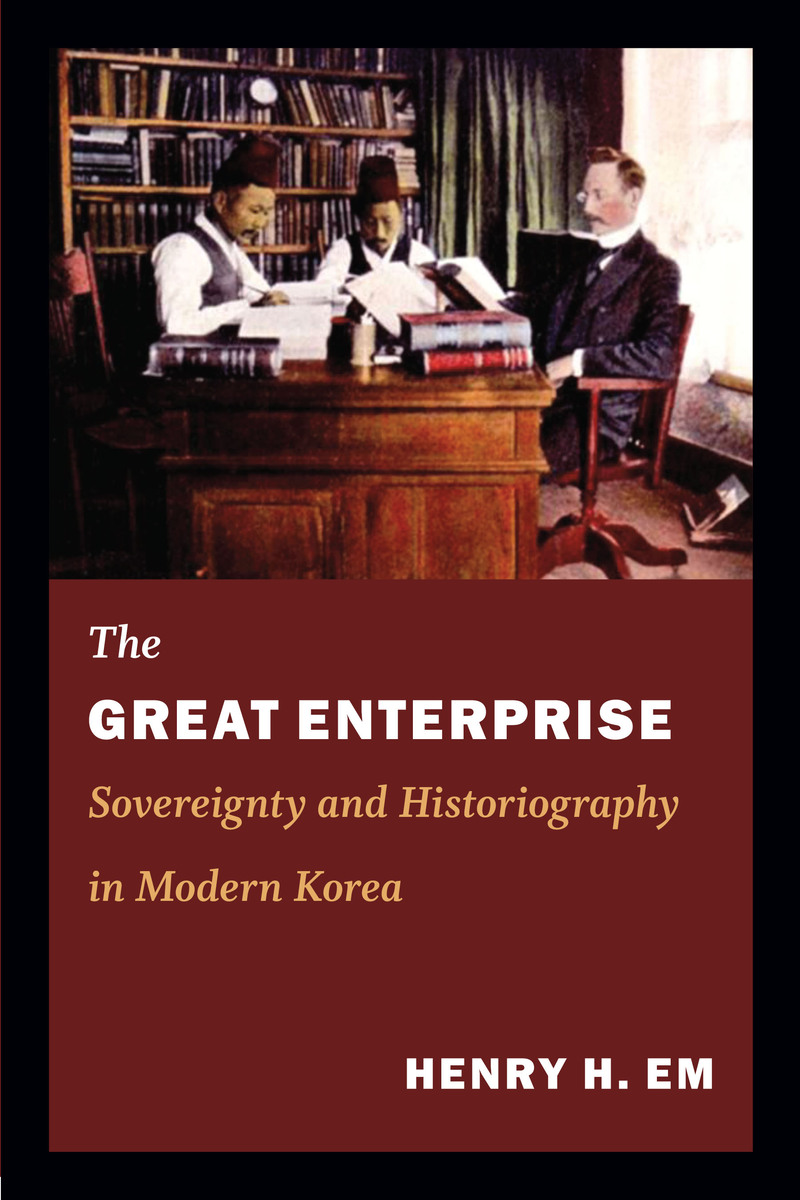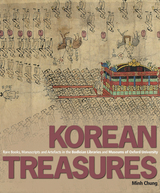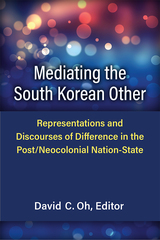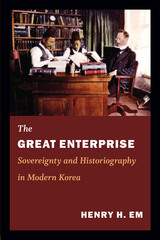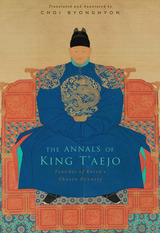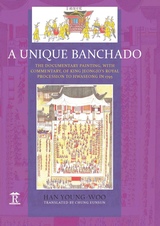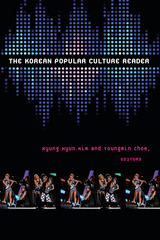eISBN: 978-0-8223-9592-8 | Cloth: 978-0-8223-5357-7 | Paper: 978-0-8223-5372-0
Library of Congress Classification DS905.7.E44 2013
Dewey Decimal Classification 951.90072
Surveying historical works written over the course of the twentieth century, Em elucidates the influence of Christian missionaries, as well as the role that Japan's colonial policy played in determining the narrative framework for defining Korea's national past. Em goes on to analyze postcolonial works in which South Korean historians promoted national narratives appropriate for South Korea's place in the U.S.-led Cold War system. Throughout, Em highlights equal sovereignty's creative and productive potential to generate oppositional subjectivities and vital political alternatives.
See other books on: Historiography | International relations | Korea | Modern Korea | Sovereignty
See other titles from Duke University Press
